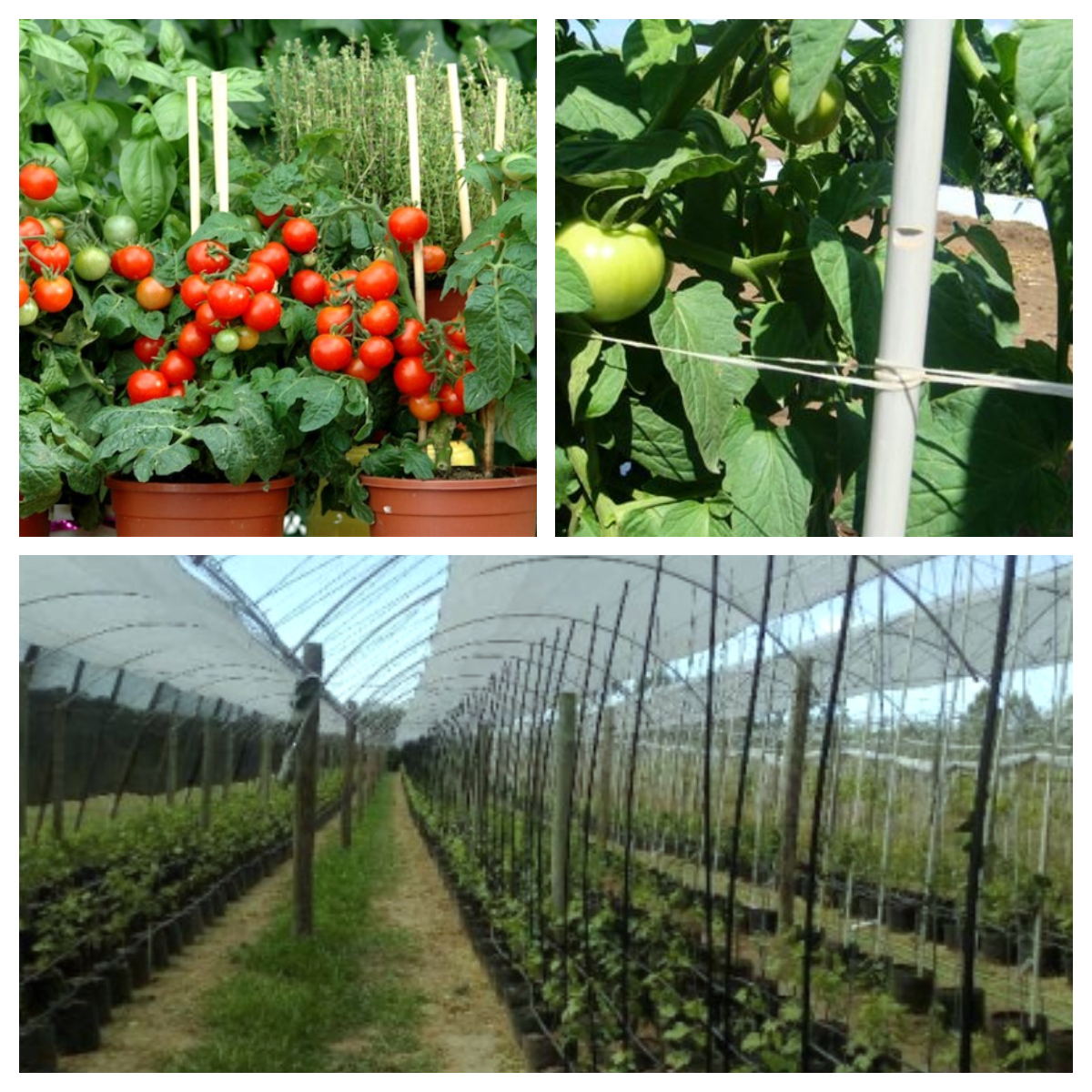- May 1, 2025
- Posted by: wellcoindustries
- Category: Tomato Stakes
Introduction
Tomato growers—from backyard hobbyists to greenhouse managers—quickly discover that healthy fruit depends on reliable support. Yet the decision about where to buy stakes for tomato plants is often made at the last minute, leading to higher costs and uneven quality. Sourcing stakes strategically can lower per‑plant expenses by up to 20 %, according to a 2024 survey of mid‑size U.S. farms. As a vertically integrated supplier of fiberglass composites and agricultural inputs, Wellco Industries helps buyers secure durable, cost‑effective stakes without delivery surprises.

Understanding Tomato Plant Staking Needs (Who & Why)
Common Stake Materials and Their Lifespans
Growers typically choose from untreated pine (≈1 season), bamboo (1–2 seasons), coated steel rebar (4 + seasons), and fiber‑reinforced plastic (FRP) stakes (5 + seasons). FRP’s longevity and splinter‑free surface make it a favorite in humid climates where wood degrades quickly.
When Professional‑Grade Stakes Make a Difference
“Switching to uniform FRP stakes cut my trellising time by a third because they slide into the substrate cleanly.” — Jeremy Li, Central Valley greenhouse manager
Premium stakes don’t just last longer—they reduce labor hours, keeping crews focused on pruning and harvesting rather than wrestling with broken wood.
Comparing Purchase Channels (How & Where)
Local Garden Centers & Farm Supply Stores: Convenience vs. Cost
Brick‑and‑mortar retailers excel when you need a few dozen stakes today, but unit prices can run 15–25 % higher than pallet pricing. Limited stock often forces large growers to mix sizes or materials, complicating inventory control.
Online Marketplaces & Specialty Suppliers: Selection & Bulk Discounts
E‑commerce platforms widen options and frequently bundle free shipping once order thresholds are met. Still, product listings can lack engineering data—always request tensile‑strength certificates before checkout.
Direct‑from‑Manufacturer Sourcing: Wellco’s One‑Stop, OEM‑Friendly Model
Ordering direct from a manufacturer like Wellco Industries unlocks container pricing, private‑label printing, and custom diameters. Because Wellco fabricates FRP profiles in‑house, average lead time is 12 days versus 20 + days for import‑only resellers—crucial during peak transplant season.
Calculating Total Cost of Ownership (Data‑Driven)
Cost‑Per‑Season Analysis: Wood vs. Steel vs. FRP
| Material | Avg. Price / 6 ft Stake | Expected Seasons | Cost per Season |
|---|---|---|---|
| Pine Wood | $0.60 | 1 | $0.60 |
| Bamboo | $0.75 | 1.5 | $0.50 |
| Coated Steel | $1.80 | 4 | $0.45 |
| FRP | $2.20 | 6 | $0.37 |
A 10‑acre field needing 40,000 stakes saves roughly $9,200 over six years when switching from wood to FRP—before factoring labor.
Hidden Expenses: Freight, Storage, Labor
Freight can equal 8–12 % of stake cost for LTL (less‑than‑truckload) shipments. Consolidating stakes with erosion‑control fabrics—another Wellco product line—shrinks that percentage. Proper stacking reduces warehouse footprint by up to 30 %, freeing space for faster‑moving consumables.
Money‑Saving Strategies Without Sacrificing Quality
Seasonal Timing & Clearance Buys
Retailers mark down stakes after the spring rush; buying in late summer secures discounts as high as 40 % in some U.S. regions. Maintain a six‑month buffer stock to avoid emergency purchases at premium prices.
Bulk Orders, Custom Lengths, and Private Labels
Ordering 8‑ft FRP stakes cut to 7 ft eliminates undersize scrap and lowers material waste by 12 %. Distributors benefit from stamping a private logo into stake surfaces, creating brand stickiness with end users.
Case Study: Commercial Greenhouse Cuts Stake Costs 18 %
A 25‑acre greenhouse in Ontario replaced bamboo with ¾‑inch FRP stakes sourced through Wellco Industries. By combining stake orders with its routine erosion‑control fabric shipment, the grower unlocked a 7 % freight rebate and negotiated a three‑year price guarantee. Labor logs showed a 12 % drop in staking hours thanks to fewer splinters and breakages—an overall 18 % cost reduction in year one.
Quality Assurance & Sustainability Checklist (Trust)
Certifications, Tests, and Warranties to Demand
-
ASTM D790 flexural testing results
-
UV‑resistant resins rated for at least 5 years
-
Written warranty covering breakage or delamination
Eco‑Friendly & Recyclable Stake Options
FRP offcuts can be reground into new composite panels, while galvanized steel is 100 % recyclable. Ask suppliers for take‑back programs; Wellco coordinates pallet return and recycling in several U.S. states, diverting an estimated 60 tons of material from landfills in 2023.
Conclusion
Reliable tomato stakes are capital assets, not disposable inputs. Evaluate total cost per season, verify certifications, and time purchases to leverage bulk and freight efficiencies. When you need consistent quality, custom lengths, or OEM branding, contact Wellco Industries for a no‑obligation quote—our integrated production ensures the right stake, at the right price, exactly when you need it.
Frequently Asked Questions
Q1. How do I determine the correct stake length for indeterminate tomatoes?
Most indeterminate varieties reach 5–7 ft. Choose stakes about 12 in taller than expected plant height so at least one foot can be driven into the soil.
Q2. Can FRP stakes be sanitized for reuse?
Yes. A 10 % bleach solution or a steam tunnel cleans FRP without weakening fibers, unlike untreated wood, which absorbs moisture and harbors pathogens.
Q3. What is the minimum order quantity for direct‑from‑manufacturer purchases?
Wellco accepts mixed‑material pallets starting at 1,000 pieces—ideal for regional distributors or co‑ops pooling orders.
Q4. Do composite stakes leach chemicals into the soil?
High‑quality FRP uses food‑grade resins and glass fibers fully encased within the matrix, eliminating leaching risks confirmed by independent labs.
Q5. How quickly can replacement stakes ship during peak season?
With domestic warehousing, Wellco ships most repeat orders within 72 hours; expedited freight is available at negotiated carrier rates.
